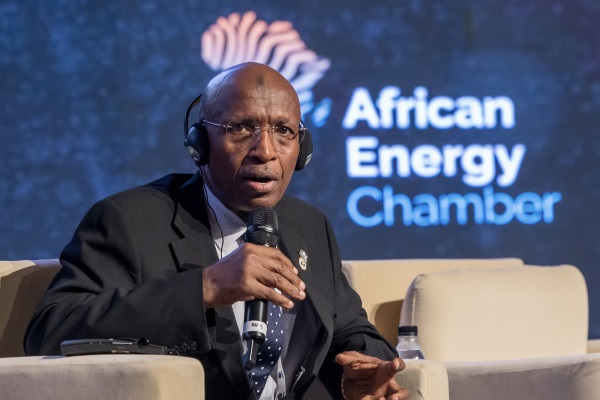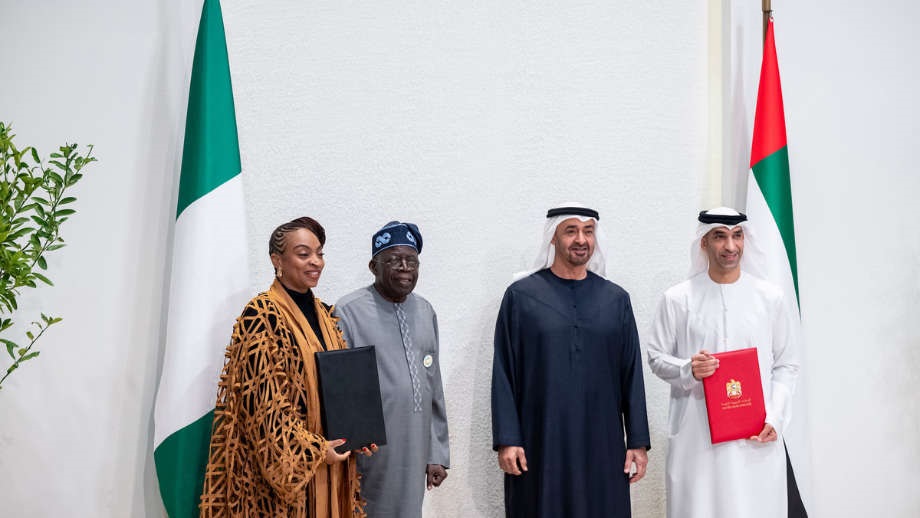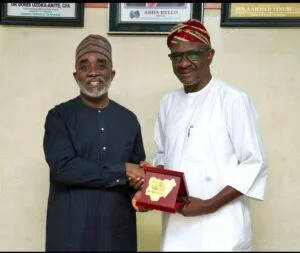The Petroleum Training Institute (PTI) has called for the expedited inauguration of the Africa Energy Bank (AEB) to improve access to affordable energy financing and drive sustainable development across the continent.
Dr. Samuel Onoji, Principal and Chief Executive of PTI, made the call on Wednesday in Abuja at the opening ceremony of the 4th Biennial International Conference on Hydrocarbon Science and Technology (ICHST 2025).
The conference, organised by PTI, is themed: “Transforming Africa’s Hydrocarbon Sector: Balancing Growth, Environment and Governance.”
Africa Energy Bank as a Catalyst for Development
Onoji emphasised that Africa’s hydrocarbon resources are critical to economic development and energy security. However, persistent challenges such as inadequate infrastructure, low investments, and widespread energy poverty hinder progress.
To address these challenges, he said the African Petroleum Producers’ Organisation (APPO), in collaboration with the African Export-Import Bank (Afreximbank), established the Africa Energy Bank, headquartered in Abuja.
“The Petroleum Training Institute recommends the early inauguration of the Africa Energy Bank to enhance energy access for African countries, promote economic growth, and reduce energy poverty,” Onoji stated.
He explained that once operational, the bank would provide low-interest financing for oil and gas projects and support African countries in transitioning to renewable energy sources.
PTI’s Role in Capacity Building and Innovation
Onoji noted that since its establishment in 1972, PTI has trained over 55,000 professionals, technicians, and operators from Nigeria and other African countries, fulfilling its mandate to develop skilled manpower for the oil and gas industry.
Additional highlights include:
Provision of applied research and consultancy services
Bilateral training partnerships with countries including Angola, Benin Republic, Niger, Chad, Sao Tome and Principe, Uganda, and Ghana
Collaboration with James Fisher Defence (JFD), UK, to train certified Dive Medic Technicians (DMTs) for offshore safety operations
Ongoing process to obtain ISO 9001:2015 certification by the first quarter of 2026
He added that the conference aims to explore innovative technologies, policy frameworks, and collaborative models to drive transformation in Africa’s hydrocarbon sector.
NCDMB Advocates Balance Between Growth and Sustainability
Also speaking at the event, Mr. Felix Ogbe, Executive Secretary of the Nigerian Content Development and Monitoring Board (NCDMB), called for a balanced approach to managing Africa’s hydrocarbon resources, integrating economic development, environmental responsibility, and transparent governance.
Represented by Dr. Chidiebele Uzoagba, Ogbe said Africa’s estimated 125 billion barrels of crude oil and 620 trillion cubic feet of natural gas—around 7% of global reserves—must serve as catalysts for inclusive growth rather than dependency.
He highlighted that with Africa’s population projected to exceed 1.4 billion by 2040, energy demand will double, necessitating value-driven strategies such as:
Domestic refining and petrochemicals
Gas-based industrialisation
Fertiliser production and power generation
Ogbe also noted the success of Nigeria’s Local Content Act (2010), which increased local participation in the oil and gas industry from less than 5% to over 54%, while creating more than 50,000 direct jobs.
He urged African policymakers to:
Deepen local content across the energy value chain
Strengthen governance and accountability
Prioritise value addition and industrialisation
Promote regional cooperation and shared infrastructure





